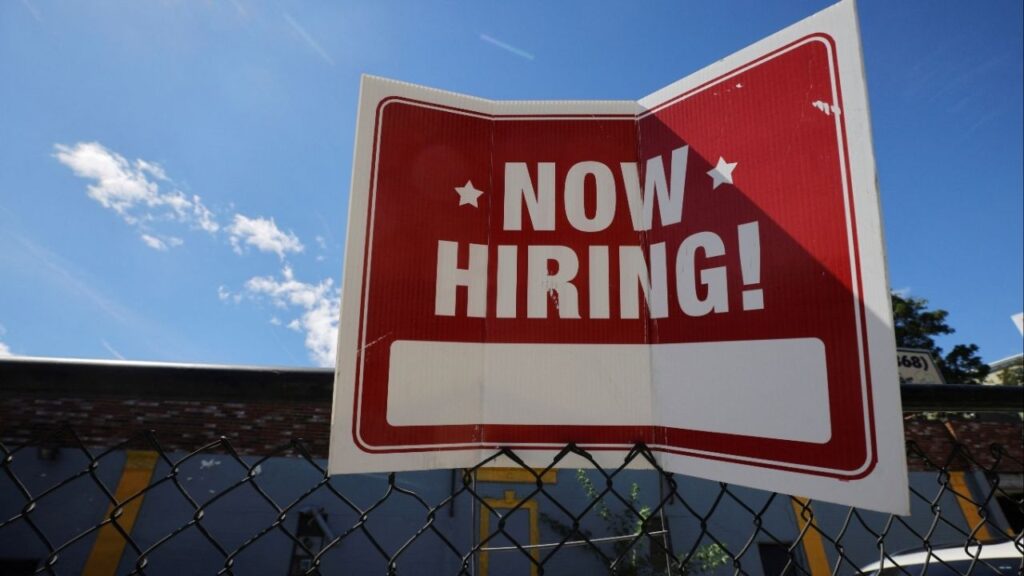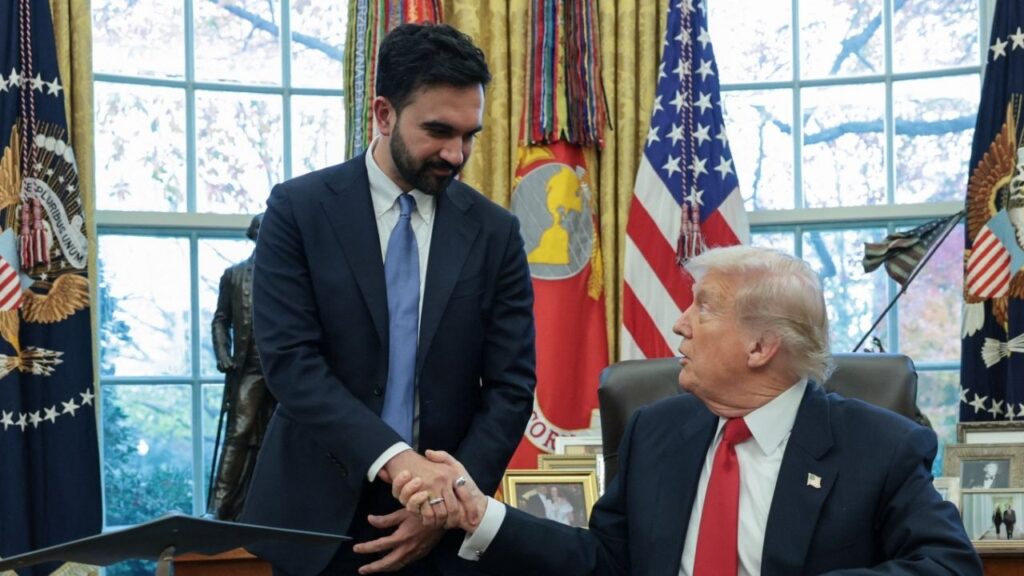New IRS data reveals Biden kept his promise to audit the wealthy while protecting middle-class taxpayers. (Shutterstock)

- IRS audit rates for wealthy taxpayers doubled in 2024 while remaining steady for middle class.
- Biden administration fulfilled promise to target high earners without increasing middle-class audits.
- Trump administration cuts threaten future enforcement capacity with 20,000 IRS resignations.
Share
It was a promise repeated many times by President Joe Biden’s administration: The IRS would conduct more audits of wealthy Americans, but audit rates would not rise for households earning less than $400,000 per year.
Biden and the Democrats made that pledge as they bolstered funding for the IRS, hoping that more enforcement aimed at wealthy tax evaders would generate revenue to pay for climate and health care programs.
Republican lawmakers warned that more money for the IRS would lead to more audits across the board, and that middle-class taxpayers would be targeted.
Audit Rates Double for High Earners
But new data released by the IRS last week suggests that the agency upheld Biden’s promise in 2024. With an audit rate of 0.8%, people making over $500,000 on their latest return were more than twice as likely to be audited compared with the same point in the audit cycle in previous years.
Meanwhile, the matching audit rate for taxpayers making under $500,000 declined slightly. The figures covered 2022 tax returns that were filed in 2023 and audited during the 2024 fiscal year, which ended Sept. 30.
Daniel Werfel, the IRS commissioner for the last two years of Biden’s term, said in an interview Wednesday that he had changed the agency’s mandate so that it could “ramp up” audits on certain types of returns, while keeping audit rates steady for most individuals.
On average, audits of individuals with high incomes return substantially more money to the government, so proponents have argued they are the most effective way for the tax agency to collect more revenue.
Deterrent Effect Beyond Direct Collections
Many academic tax experts say increasing enforcement is also an effective cheating deterrent. One study found that for every dollar the IRS collects from an audit, it collects another $3 in the future because the individual will be less likely to dodge paying taxes. Other studies have found that people pay more in taxes when they hear someone else was audited.
The new data comes with caveats. The IRS generally has three years to pursue an audit, and a majority of audits are opened after more than one calendar year has passed.
Natasha Sarin, the president and co-founder of the Budget Lab at Yale University, said comparing first-year audit rates presented a challenge because the IRS can skew its efforts toward one type of audit early within its statute of limitations. “That’s not to say you won’t still see the shift,” she said. “I just wouldn’t be confident in saying that you won’t also see other adjustments in the next year.”
Uncertain Future Under Trump Administration
Another open question is how much money the IRS will actually collect from the new audits, given the changing policies and personnel at the agency. It has experienced instability in its leadership ranks, with four different acting commissioners since the start of the Trump administration.
With more funding during the Biden administration, IRS staffing grew to about 100,000 employees from 80,000. But President Donald Trump has sought big cuts. More than 20,000 employees offered to resign this year, while others have been fired. A recent inspector general’s report showed that the agency now has closer to 90,000 employees. And congressional Republicans have rescinded or frozen the extra IRS enforcement funding.
While the number of audits opened on wealthy taxpayers did spike last year, an audit can take several years to close, especially for a high-income return. The IRS closed fewer audits last year than in any year except 2020, when adjusted for the number of returns filed. Audit collections decreased to $29 billion, down 10% from 2023.
The IRS also said last year that by 2026 it would increase audits on corporations with at least $250 million in assets. But in the 2024 fiscal year, the number of opened audits on these entities was similar to those in previous years.
The future of the audit rate is unclear, and the IRS did not respond to a request for comment. Werfel, who left the agency as Trump took office, said audits are opened based on the IRS’ estimated capacity of its future workforce, and that it was very unusual for there to be a change of plans.
“I think we’re heading into an unprecedented set of circumstances,” he said. “I don’t know how it plays out as a result.”
—
This article originally appeared in The New York Times.
By Ben Blatt
c. 2025 The New York Times Company



















